 Welcome
Welcome
“May all be happy, may all be healed, may all be at peace and may no one ever suffer."
Lichen sclerosus
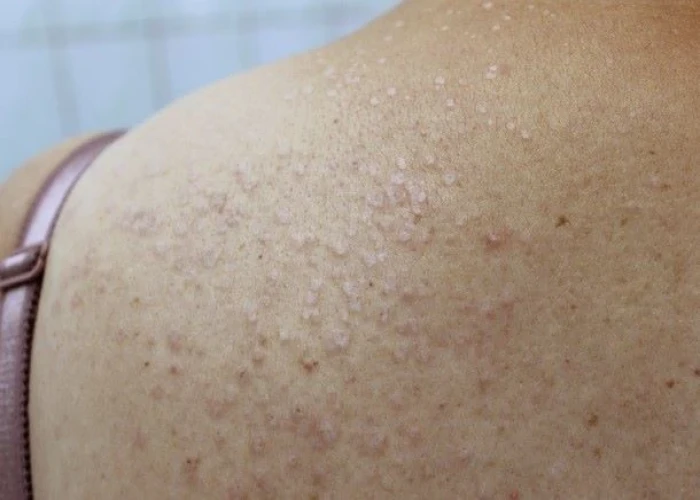
Lichen sclerosus is a chronic inflammatory skin condition that primarily affects the genital area in both men and women, but can also occur in other areas of the body. It is characterized by white, patchy, thin, and itchy skin that may become wrinkled or have fissures.
The exact cause of lichen sclerosus is unknown, but it is believed to be an autoimmune disorder. It is more common in women, especially postmenopausal women, but can occur in men and children as well.
Lichen sclerosus can cause significant discomfort and can also increase the risk of skin cancer in the affected area. Treatment typically involves the use of topical corticosteroids to reduce inflammation and relieve symptoms. Other treatments may include topical calcineurin inhibitors, phototherapy, or systemic medications.
Long-term management of lichen sclerosus may include regular monitoring and follow-up with a healthcare provider, as well as self-care measures such as avoiding irritants and wearing loose-fitting clothing. In some cases, surgery may be necessary to remove affected tissue or reconstruct the affected area.
It is important to seek medical attention if you suspect you may have lichen sclerosus or if you have any concerning symptoms in the genital area, as early diagnosis and treatment can help manage symptoms and reduce the risk of complications.
Research Papers
Disease Signs and Symptoms
- Red skin
- Itching
- Itchy, blistery skin rash (dermatitis herpetiformis)
- Skin patches
- Anus bleeding
- Painful sexual intercourse (dyspareunia)
- Vaginal rash
- Vaginal itching
- In severe cases, bleeding, blistering or ulcerated sores
Disease Causes
Lichen sclerosus
The cause of lichen sclerosus is unknown. An overactive immune system or an imbalance of hormones may play a role. Previous skin damage at a particular site on your skin may increase the likelihood of lichen sclerosus at that location.
Lichen sclerosus isn't contagious and cannot be spread through sexual intercourse.
Lichen sclerosus often occurs in postmenopausal women, but also in men and children. In women, lichen sclerosus usually involves the vulva. In boys and men, uncircumcised males are most at risk, because the condition generally affects the foreskin.
In children, the signs and symptoms may improve at puberty, but they will still need monitoring for disease activity.
Disease Prevents
Disease Treatments
If you have lichen sclerosus on or around your genitals or anus, or have a more advanced case on other parts of your body, your doctor will recommend treatment. Treatment helps reduce itching, improve your skin's appearance and decrease further scarring. Recurrence is common. Rarely, lichen sclerosus gets better on its own.
Corticosteroids
Corticosteroid ointments or creams are commonly prescribed for lichen sclerosus. Initially, you'll generally have to use cortisone creams or ointments on the affected skin twice a day. After several weeks, your doctor will likely recommend that you only use these medications twice a week to prevent a recurrence.
Your doctor will monitor you for side effects associated with prolonged use of topical corticosteroids, such as further thinning of the skin.
Other treatment options
If corticosteroid treatment doesn't work or if months of corticosteroid therapy are needed, your doctor may prescribe an ointment such as tacrolimus (Protopic).
Removal of the foreskin (circumcision) in men is a common treatment in cases resistant to other therapies or more-advanced cases. Surgery in the genital or anal area generally isn't recommended for women with lichen sclerosus because the condition may just come back after surgery.
Ask your doctor how often you should return for follow-up exams. They are generally recommended every six to 12 months.
Disease Diagnoses
Disease Allopathic Generics
Disease Ayurvedic Generics
Disease Homeopathic Generics
Disease yoga
Lichen sclerosus and Learn More about Diseases
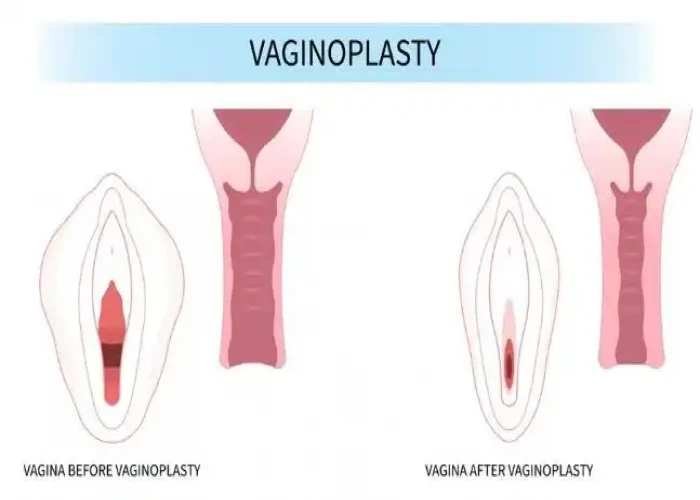
Vaginal agenesis

High cholesterol
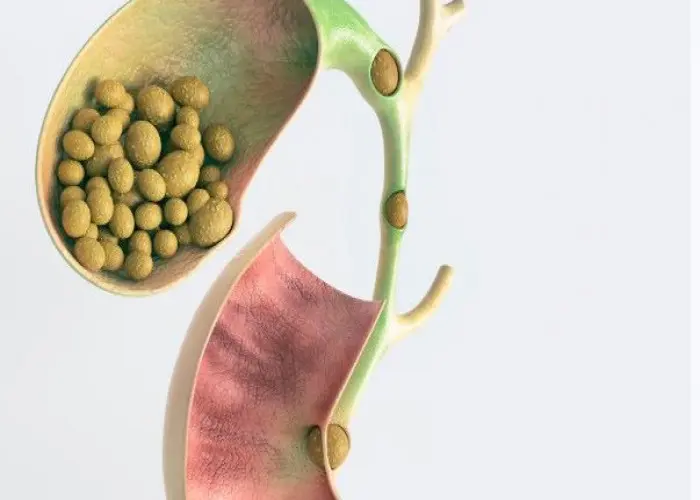
Gallstones

Brachial plexus injury

Desmoplastic small round cell tumors

Hives (Cold urticaria)
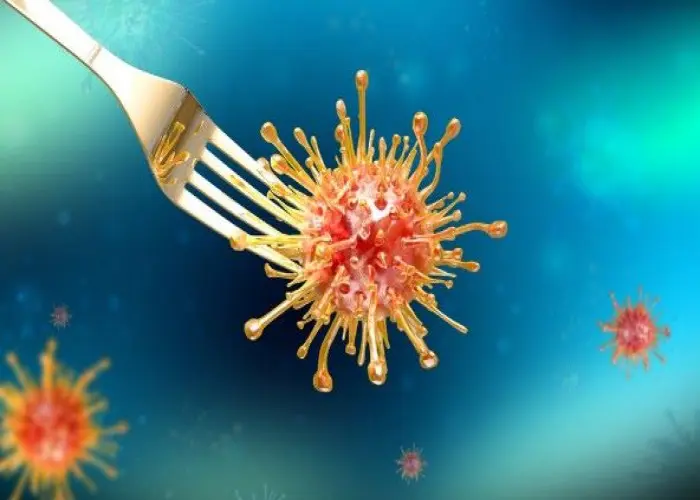
Food poisoning
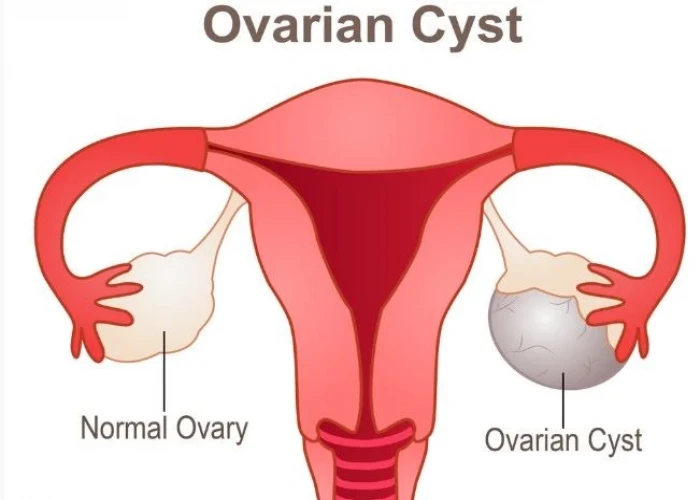
Ovarian cysts
lichen sclerosus, লিকেন স্ক্লেরোসাস
To be happy, beautiful, healthy, wealthy, hale and long-lived stay with DM3S.
